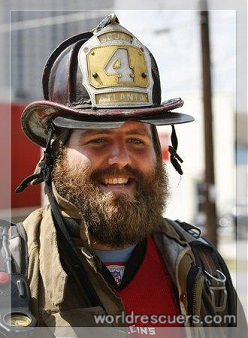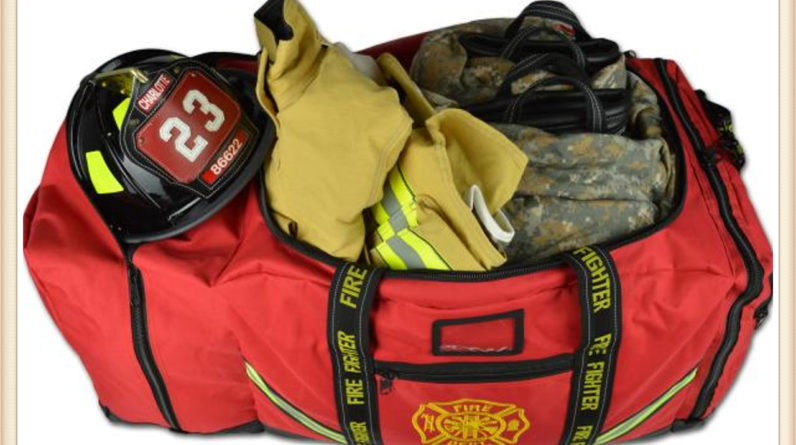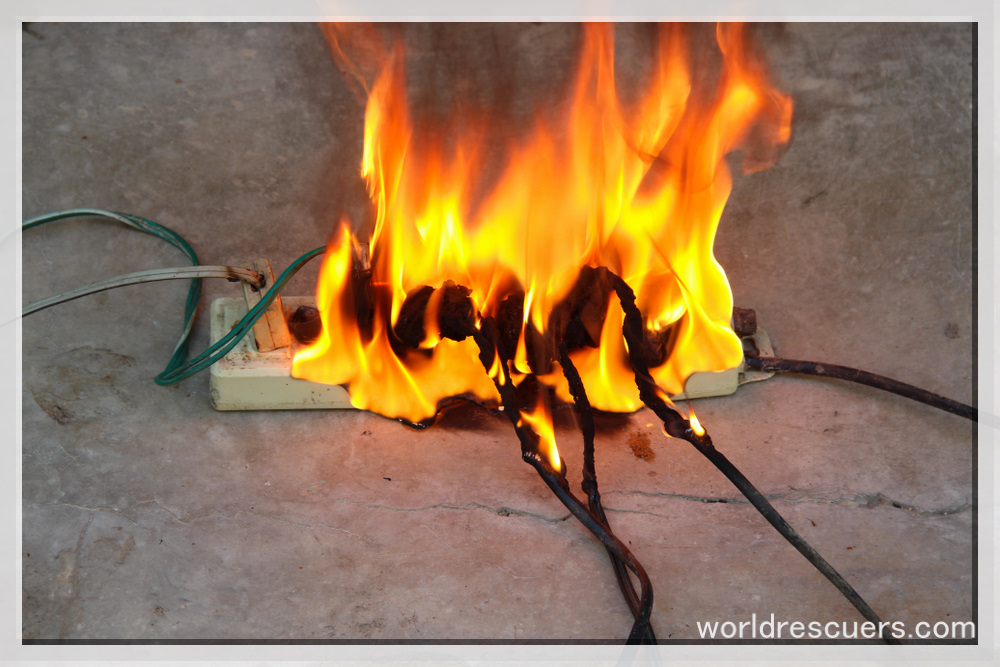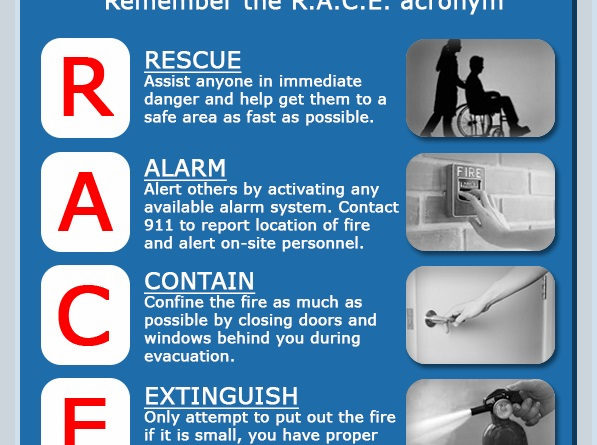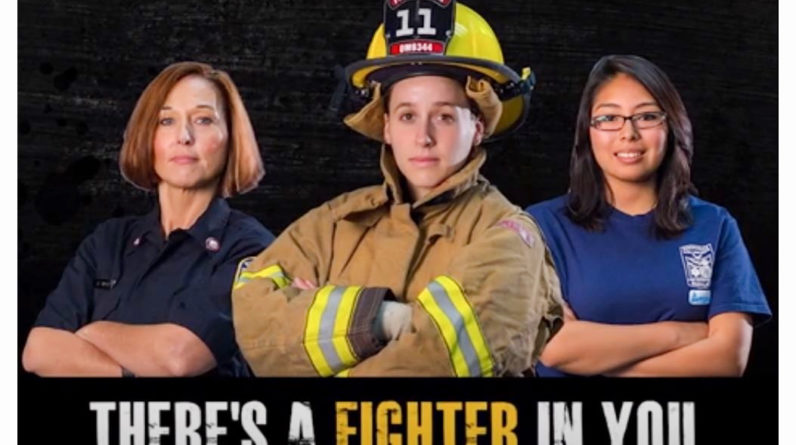
Firefighters
Firefighting is a noble and demanding profession that requires physical fitness, mental strength, and unwavering dedication. These brave men and women put their lives on the line every day to protect people and property from the ravages of fire, and their contributions to society cannot be overstated. But how much do firefighters make, and is it enough to compensate them for their heroic efforts?
How much do firefighters make? Firefighter salary
The answer is that firefighter salaries vary widely depending on a number of factors, including location, experience, and level of education. According to the Bureau of Labor Statistics (BLS), the median annual salary for firefighters in the United States is around $51,000. However, this figure can range from around $25,000 to over $90,000 depending on where you live and work.
Influencing Factors
Location
One of the biggest factors affecting firefighter salaries is geographic location. Firefighters in large cities tend to make more money than those in rural areas or small towns, reflecting the higher cost of living and the greater demand for their services. For example, the BLS reports that the highest-paying metropolitan areas for firefighters include San Francisco, Oakland, and San Jose, California, as well as New York, Boston, and Seattle. On the other hand, firefighters in smaller cities and towns may earn less than the national average, though they may also enjoy lower living costs and a more relaxed pace of life.
Experience
Experience is another important factor in determining firefighter salaries. As firefighters gain more years of service and move up the ranks, they can expect to earn higher wages and better benefits. In addition, firefighters who specialize in certain areas, such as hazardous materials or technical rescue, may earn more than those in more general positions.
Education
Finally, education can also impact firefighter salaries. While a high school diploma is typically the minimum requirement for becoming a firefighter, many departments prefer or require candidates to have at least some college education. Firefighters who hold associate’s or bachelor’s degrees in fire science or a related field may be more competitive for jobs and may also earn higher salaries.
Respect that they Deserved
Despite the variation in firefighter salaries across the country, one thing is clear: these men and women deserve our respect. And admiration for their selfless service to their communities to which they are serving. Firefighting is a challenging and rewarding career. Those who choose to pursue it should be compensated fairly for their hard work and dedication.
The Top 4 reasons firefighters and fire departments get sued
From civil suits brought by citizens against the department to accusations of a battle between firefighters. There’s an abundance of legal cases within the fire service, including volunteer and career. Yet fire department liability–especially differences in volunteer vs career departments–is not well understood.
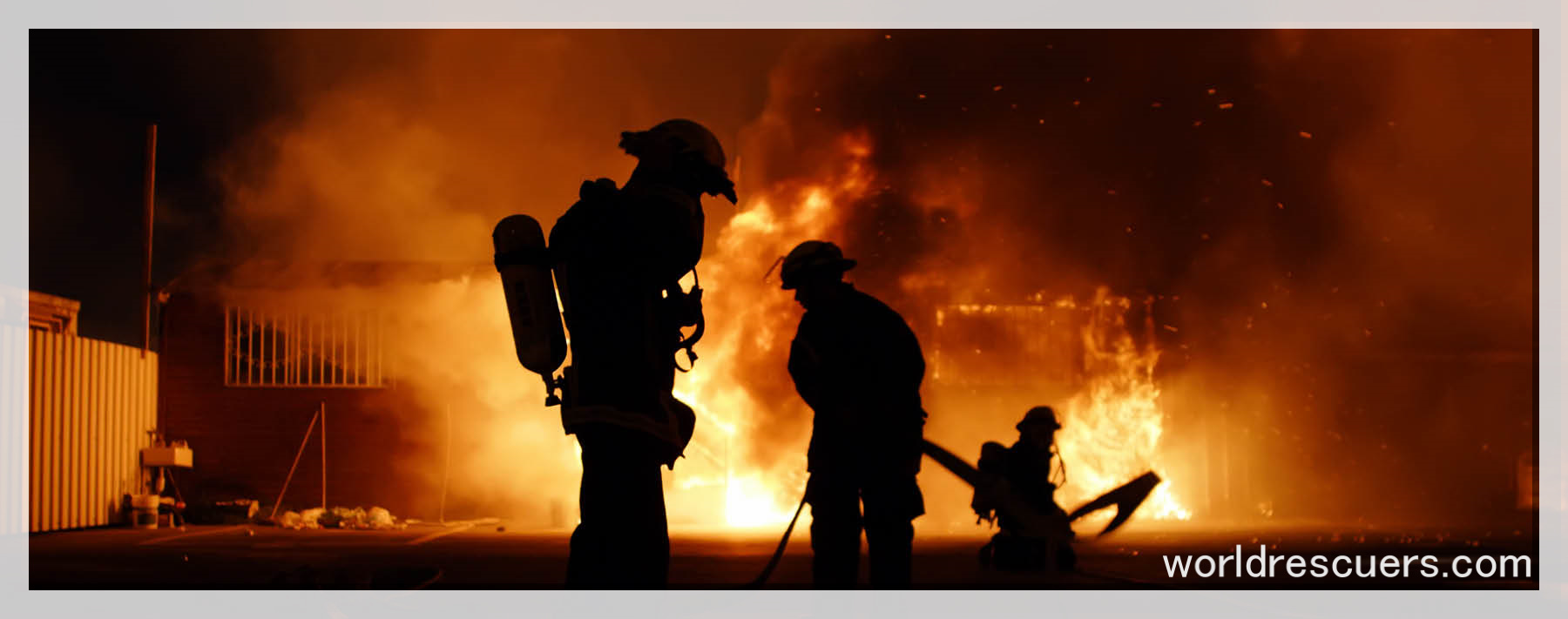
The white paper by Fire department attorney Curt Varone shares information that he has gathered over the past 10 years. The information related with the litigation of fire departments.
- An analysis based on an unrivalled database of legal cases from the past 10 years.
- Top four causes why a career, as well as volunteer firefighters, have to face legal challenges
- Key differences between career and volunteer fire department liability
- Best practices for firefighters and departments to avoid being involved in legal instances

Hi, I am John Smit a Captain in Fire Department City of Newyork with over years of experience in the field of Firefighting and HSE. My passion for fire safety started when I was a young boy and witnessed a neighbor’s house go up in flames along with precious lives. Since then, I had dedicated my life to ensuring the safety of buildings, properties, and individuals in case of a fire and medical emergencies.


